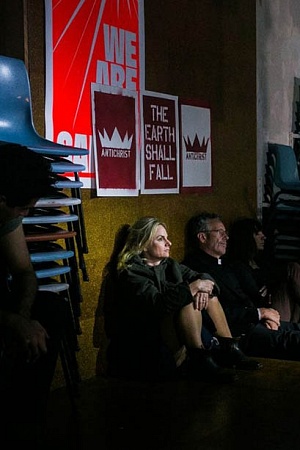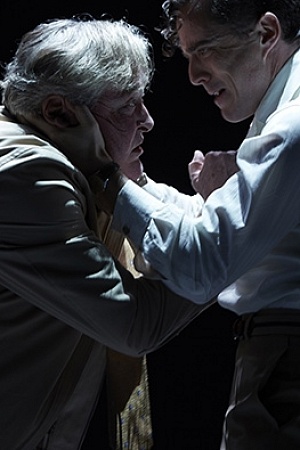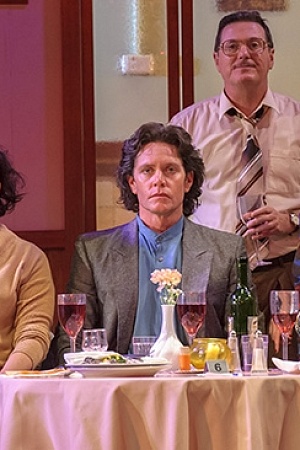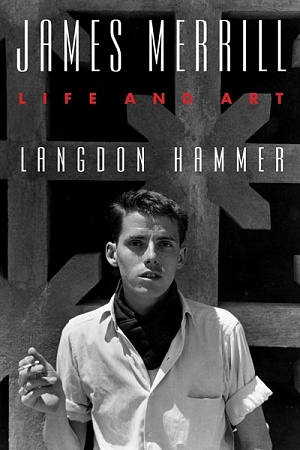Miracle City
As I sat through the standing ovation that greeted the performance of the Nick Enright/Max Lambert musical Miracle City that I attended, I wondered why it is that some productions seem to get a free ride. Few regular theatre-goers would disagree with the contention that we are at present in Australia living through a golden age of acting talent. The huge boost in arts funding by the Whitlam government combined with the pioneering efforts of people like Betty Burstall, Ken Horler, and John Bell, plus the burgeoning of theatre academies, have produced a generation of vital and versatile performers. Post the arrival of Neil Armfield, Gale Edwards, and Barrie Kosky, there seemed for a while to be a lacuna of interesting directors, but recent years have seen an exciting proliferation of new directorial flair.
The combination of mature and maturing talent has over the past few seasons produced some extraordinary work. An off-the-cuff and by no means exhaustive list would include Belvoir’s Angels in America and Once in Royal David’s City, Sydney Theatre Company’s Waiting for Godot and Mojo, Griffin’s The Boys and The Floating World, Hayes’s Sweet Charity and The Drowsy Chaperone, and Melbourne Theatre Company’s controversial The Sublime.
Continue reading for only $10 per month. Subscribe and gain full access to Australian Book Review. Already a subscriber? Sign in. If you need assistance, feel free to contact us.










Leave a comment
If you are an ABR subscriber, you will need to sign in to post a comment.
If you have forgotten your sign in details, or if you receive an error message when trying to submit your comment, please email your comment (and the name of the article to which it relates) to ABR Comments. We will review your comment and, subject to approval, we will post it under your name.
Please note that all comments must be approved by ABR and comply with our Terms & Conditions.